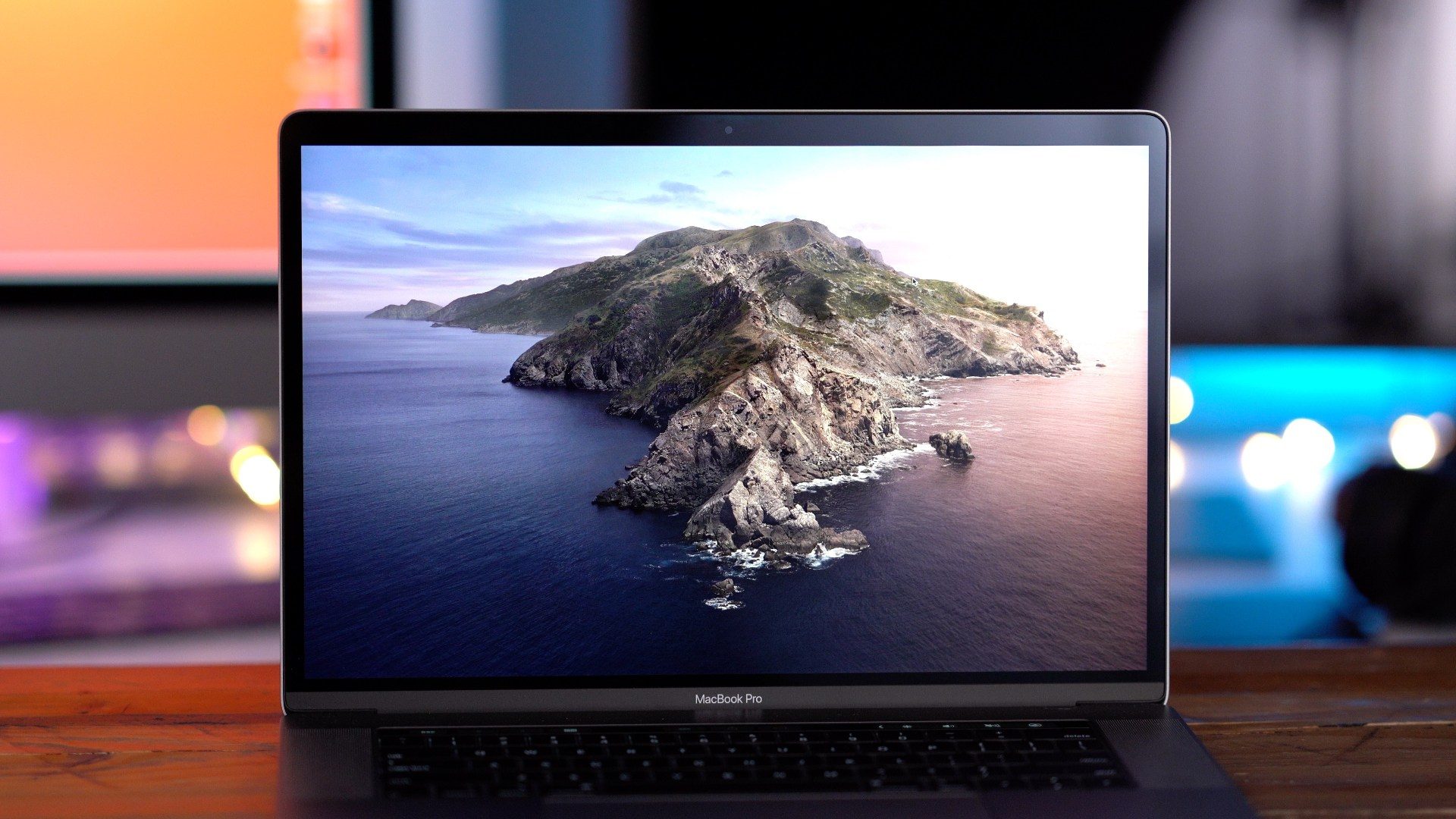 1430
1430
 2019-09-04
2019-09-04

Apple today announced that it is relaxing some notarization requirements for Mac apps. For apps outside of the Mac App Store, macOS Catalina will only run notarized software. However, developers have found it difficult to adopt notarization.
To ease the transition, Apple is temporarily relaxing some of the things that the company previously mandated for an app to be notarized.
In a developer update, the company said developers can now notarize software that do not use the hardened runtime features, contain components that are not signed with a Developer ID, lack a secure timestamp, or include the get-task-allow entitlement. They are also allowing developers to notarize apps that were built with an older SDK version than macOS 10.15.
Apple said it was making the change in order to make the transition easier for developers to adopt the notarization security features, and to improve the customer-facing situation who would otherwise own a lot of apps that will not launch on Catalina.
Developers still need to get their software notarized, but these lesser requirements should make it easier for more developers to get their apps properly signed in time for macOS Catalina’s release. As they no longer need to be built with the new SDK, it also means developers can submit their existing binaries, making it possible to sign and notarize software already in the wild.
However, Apple has only promised to delay the full enforcement until January 2020, a mere four months away. This is still a relatively tight timeframe for app developers to comply with the full list of notarization requirements. It is possible that Apple announces another delay closer to the time.
Source: 9to5mac